Alibaba's 25th birthday: Jack Ma speaks out! We've compiled his 100 insights
![]() 09/11 2024
09/11 2024
![]() 580
580
Introduction: On the 25th anniversary of Alibaba Group's establishment, Jack Ma shared his thoughts on idealism on the company's internal network and expressed pride in Alibaba's compassion and ideals. "Lishi Business Review" has compiled 100 insights from Alibaba's founder Jack Ma over the past 25 years to help readers understand Alibaba's uniqueness.

Written by Lu Yan | Published by Lishi Business Review
On September 10, the day Alibaba celebrated its 25th anniversary, Jack Ma expressed gratitude on the company's internal network, stating that he was proud to have been part of a company that has contributed to social progress and was proud of Alibaba's compassionate and idealistic employees.
"Alibaba is Alibaba because we have an idealistic spirit. We believe in the future, we believe in the market, and we firmly believe that only kind companies that create real value for society can persist for 102 years."
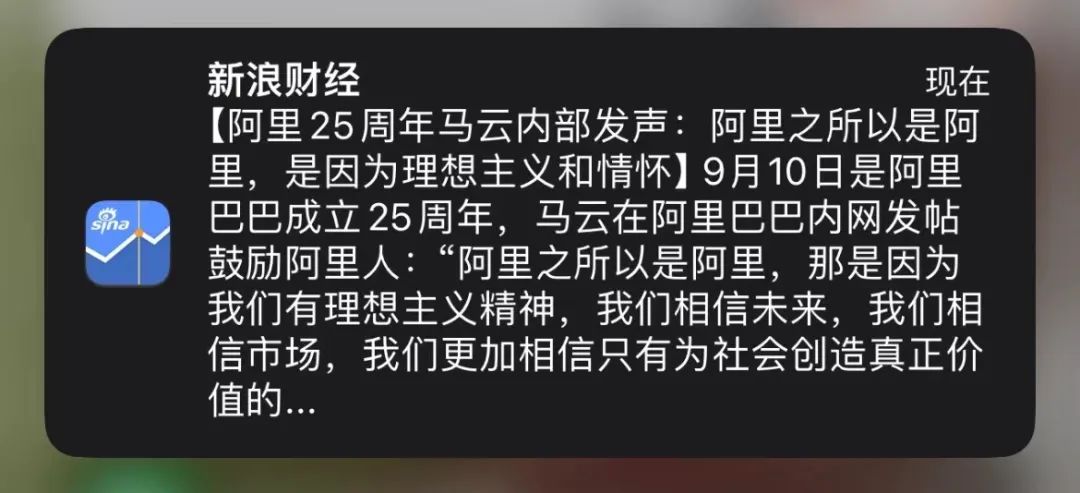
He said, "No company can remain number one in every field forever, and only competition can make us stronger and the industry healthier, especially since Alibaba has never been a protected company. We must always remind ourselves not to lose ourselves under competitive and situational pressures."
Jim Collins, a renowned American management scholar, has a famous viewpoint that when evaluating whether a company qualifies as an excellent one, an essential criterion is, "If this company were to cease to exist, would the world be deeply saddened?"
In China, Alibaba fits this description. From pioneering e-commerce to mobile payments, from the independent Alibaba Cloud to global digital logistics infrastructure, revolutionary innovations and visionary foresight have driven significant social development.
Today, Jack Ma also stated, "What I am most proud of after 25 years is not how many companies we have founded, but the changes and value these companies have brought to society."
Almost all companies' core characteristics are rooted in the unique perspectives of their founders, and Alibaba is no exception. As one of China's most profound thinkers in the business world, Jack Ma's ideas have played a crucial role in Alibaba's development. What exactly has Jack Ma said? Why has Alibaba become what it is today? Even though he has retired, Jack Ma's thoughts continue to fascinate people.
On the occasion of Alibaba's 25th anniversary, "Lishi Business Review" has compiled 100 of Jack Ma's core insights across various dimensions, including users, employees, entrepreneurship, culture, and business models, to help readers appreciate Alibaba's uniqueness.
I
About Users
(1) Always put customers first.
(2) Our values are "customer first, employees second, shareholders third." Wall Street doesn't like me, but that's just how it is. If you like our company, invest in us; if not, sell our stock.
(3) We know that we need to be humble and serve our customers. Investors may not be optimistic, but if customers believe in us, we have a future.
(4) In 1999, how could we provide an internet e-commerce marketing plan? The only thing we needed to consider was how to better serve customers, understand their needs, and ensure their success to guarantee our company's success. That's how we succeeded.
(5) I firmly believe that the biggest beneficiaries and builders of a truly great e-commerce website should be users.
(6) Taobao focuses more on user experience, so it's more like China's eBay than eBay itself.
(7) The three directions for Taobao Group: return to Taobao, return to users, return to the internet.
(8) The e-commerce of the future won't be what's popular today. It's not about catching up with others but enhancing the consumer experience.
(9) No company can stay number one in every field forever, and only competition can make us stronger and the industry healthier. Alibaba has never been a protected company; we believe in the power of the market and the value of innovation.
(10) When starting out, I was Alibaba's product tester because I knew 80% of users like me wanted to access what they needed quickly and conveniently. When engineers developed great software, they'd get excited, but if I couldn't use it, it went in the trash. If I could, 80% of people could too.
II
About Employees
(11) Without employees, there would be no Alibaba.
(12) Over the years, I've worked with people smarter than me. My job is to ensure these smart people work well together.
(13) Find self-motivated people. If they're negative, you can't motivate them. We hire self-motivated employees, not self-pitying ones. Leaders shouldn't complain; no one wants to follow a complainer.
(14) A good team isn't just Harvard grads or ex-Fortune 500 employees. Hire the right fit, not the best. The best employees are trained, not hired. Hiring the wrong fit is like putting a Boeing 747 engine on a beat-up car.
(15) One secret to Alibaba's success is our many female colleagues. Women consider others more and value experience more. If the world had more female leaders, it would be a better place. For caring, wise leadership, women are a great choice.
(16) Early on, I spent hours talking to Alibaba's first 2000 employees. I was upfront about challenges. Misleading them with false promises wouldn't have been fair. I couldn't guarantee success, but I knew the potential.
III
About Entrepreneurship
(17) In 1995, I first touched a keyboard and computer, went online, and quit my teaching job to start a company. If I'd been born 10 years earlier or later, I wouldn't have had this internet opportunity. The times gave it to me.
(18) Before Alibaba, I failed in four startups. Learn from failures, not successes. Success has many causes, but failures are avoidable.
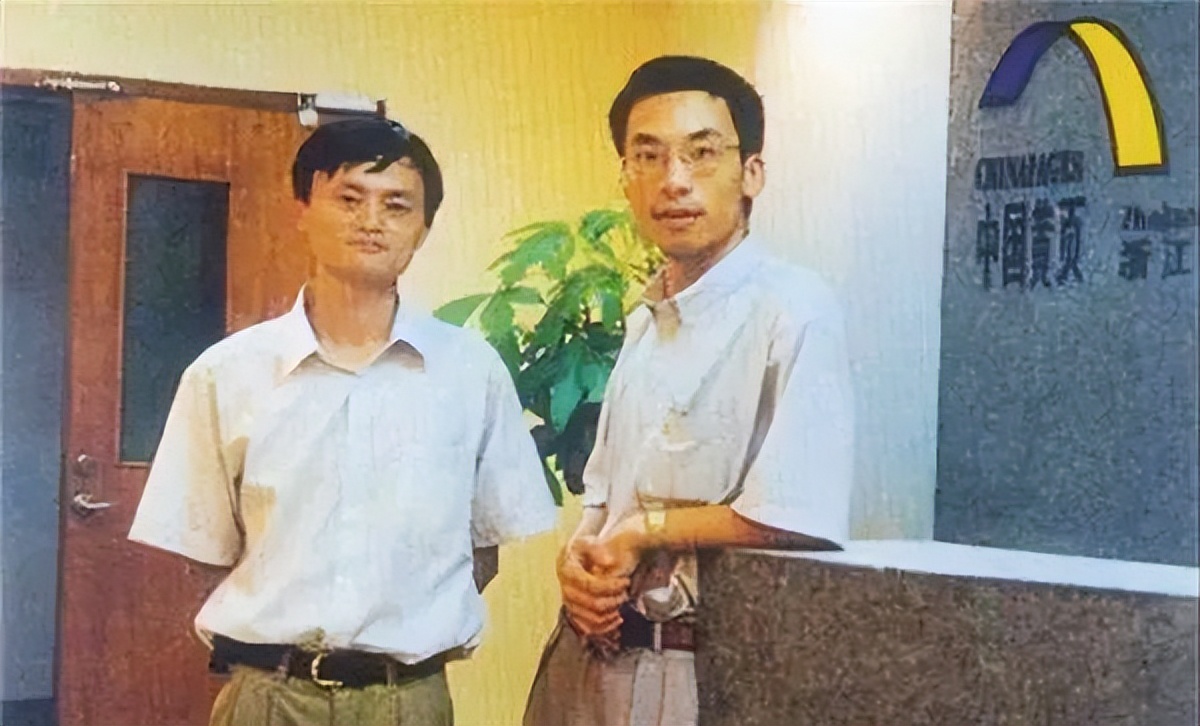
(19) A CEO leads with wisdom, courage, and daring, not capital.
(20) Great companies are born in winter. Economic conditions don't matter. Bad times produce great companies, and good times produce bad ones. China's best companies weren't born in good times.
(21) My motto is "Persist until the end," even if I have to kneel. I believed: if I'm struggling, someone else is struggling more. Who endures wins.
(22) Raise money when you don't need it; it's too late when you do.
(23) In startups, 30% opposition is normal. Opposition isn't always bad; listening isn't always good. Trust your judgment. I've always been doubted, but I can't let that stop me.
(24) Don't just learn MBA stuff. School teaches knowledge; entrepreneurship needs wisdom gained through experience. Knowledge comes from hard work.
(25) True entrepreneurs don't complain; successful people examine their own problems.
(26) Ants can topple elephants with good strategies. Small businesses often defeat giants. Your competitors may be those you can't see or understand.
(27) While others adapt to change, Alibaba embraces it. Prepare for rainy days when the sun shines.
(28) Learn from others' mistakes, not successes. Successful stories have many causes.
IV
About Business Models and Strategies
(29) Look at problems from different angles, depths, and breadths. Your perspective shapes your actions.
(30) Entrepreneurs need conviction. With conviction, you won't be swayed and will have a steady strategy.
(31) Our idealism and mission to make business easy won't change. We don't want to be just a profitable, mediocre company.
(32) From B2B to Taobao, Alipay, and Alibaba Cloud, our innovations aim to survive in a rapidly changing world, not for profit or to beat competitors but to catch up with the future.
(33) True success is creation, not replication. Replicable things have little value; true art can't be copied.
(34) Passion alone isn't enough; you need systems, structures, teams, and profitable business models. The best models are often the simplest.
(35) In business, think 10 years ahead. Opportunities for quick wins are rare. Only by predicting the future can we succeed.
(36) A board must think 30-50 years ahead, a CEO 5-10 years, a VP 3 years, a manager a week, and an employee tomorrow. It's a system.
(37) Our network effect took 15 years to build. That's strategic power. People were confused by our acquisitions before the IPO, but I saw the big picture years ago. A skyscraper doesn't appear overnight; it's built brick by brick over time.
(38) The internet's true revolution is empowering small businesses. We aim to make business easy. Some say the internet creates inequality, but I see it creating fairness. Support small businesses; they'll be China's future taxpayers.
(39) Solving payment issues enables true e-commerce. When asked about Alipay's future, I said I wanted it to empower everyone, not just bank chairmen. I saw an old lady struggle to pay her electricity bill; with Alipay, anyone can pay with a tap.
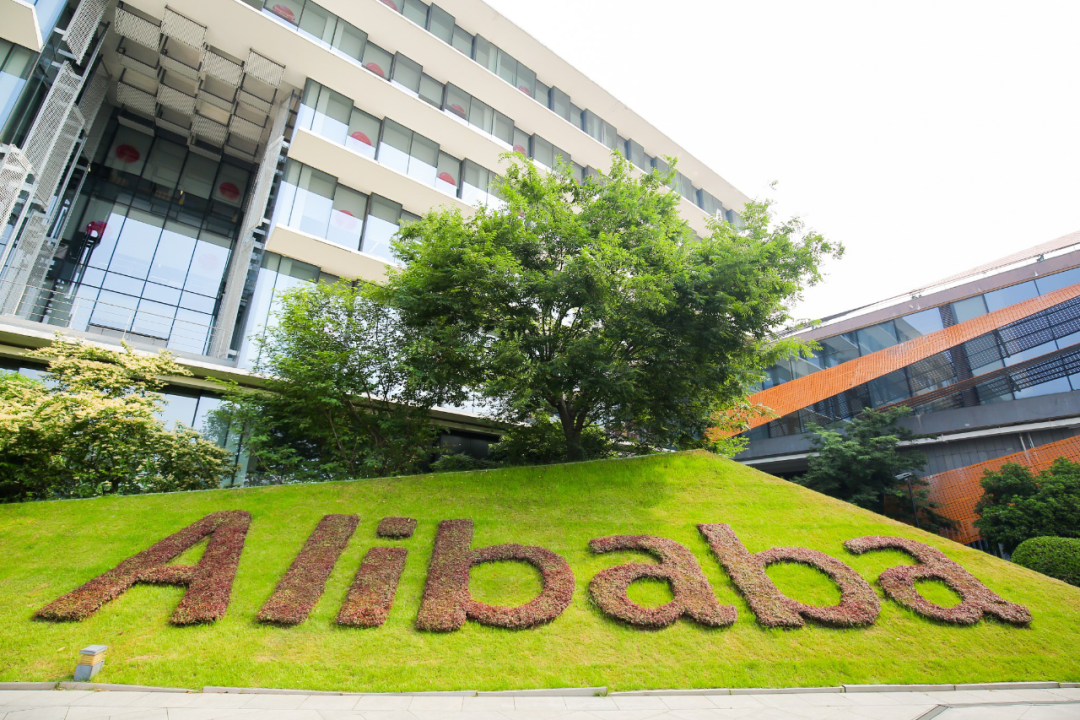
(40) Why does Alibaba survive? We ask ourselves: for today or the future? We constantly ask: what will China and the world be like in 10 years? What challenges will we face? We plan for the future, not just today's successes.
(41) Business isn't war. There are no permanent enemies or friends. Cooperation in competition shows maturity. Mature industries produce mature companies. Alibaba promotes this progress.
(42) Few understand strategy. People criticized our Yahoo deal, but it was brilliant. Without Yahoo, there'd be no Taobao or its current scale. Yahoo taught me about global business; without it, I wouldn't understand the world's dynamics.
(43) To be invincible, have no enemies in your heart. Strategically, take every potential rival seriously. Learn from them, not hate them. Hatred blinds you.
(44)"E-commerce has three major impacts on China. First, it equates credit with wealth, a connection that can only be established through e-commerce. On Taobao, every positive and negative review is crucial for a seller. Secondly, it makes consumers smarter. The 'tao' in Taobao means educating consumers on how to choose and letting them vote with their money. Thirdly, it teaches manufacturing industries not just to produce but also to serve, market, and understand the importance of branding. Many Chinese enterprises were once nothing more than workshops, focused solely on production without understanding distribution channels, branding, or end-consumers. When financial crises hit, these enterprises were left stranded, unable to sell. Today, as China's economy transforms and upgrades, enterprises must learn not only to produce but also to market, brand, and understand their customers' satisfaction levels. I believe this is the profound impact of online shopping on Chinese society."
(45)"Without adversity, there would be no entrepreneurs, let alone successful ones. Great enterprises are forged through economic downturns. Only those that have weathered such storms can truly be considered great. Even if you're thriving today, without that experience, your future success is uncertain."
(46)"As the saying goes, 'When the East doesn't shine, the West does.' I've traveled to many countries and regions, and I've found opportunities everywhere."
(47)"Globalization is unstoppable. No one can halt it, just as no one can stop trade. If trade ceases, war will erupt. Trade resolves conflicts, not cause them."
(48)"Entrepreneurs need to be focused. I know many entrepreneurs have many dreams, changing daily. Imagine nine rabbits on the ground. If you want to catch one, don't switch targets; change your approach instead. Remember, stick to one rabbit until you catch it. Keep switching, and you'll catch nothing."
Five
Culture
(49)"Kindness is the most powerful force."
(50)"Employees who share our values and culture are our greatest asset. At Alibaba, there's one thing that's non-negotiable: our corporate culture, mission, and values."
(51)"Since Alibaba's inception, none of our major decisions have been driven by profit. We always consider if our decisions, technologies, and products can solve societal problems and align with our mission, vision, and values."
(52)"Once, I visited a training center where instructors taught salespeople how to sell combs to bald men. I listened for five minutes and dismissed the instructor. Such a practice goes against our values. Forcing unwanted products on people is deceptive."
(53)"Simple-minded people can work well together, while intelligent ones often struggle. However, simple-minded people may lack a shared vision, while intelligent ones, though united by a vision, may have difficulty collaborating. The key is finding intelligent people who can work harmoniously, and culture plays a crucial role."
(54)"I envision Alibaba as a 102-year-old company. Why 102? Because Alibaba was founded in 1999, and 102 years later, it will span three centuries, a clear and ambitious goal. I believe universities and corporate cultures can endure for over a century, as they are the DNA of development."
Six
Leadership
(55)"A great entrepreneur must understand the times and the nation. Only by knowing what they have, what they want, and what they should relinquish, can they build a lasting enterprise."
(56)"I see the CEO role as that of a Chief Education Officer. People may see me as a former teacher and current boss, but in essence, I've always been a teacher. After six years as a teacher, I applied those skills to entrepreneurship."
(57)"As a teacher, my goal is to help students excel, becoming mayors, scientists, or bankers. Similarly, as CEO, I train myself to help my employees thrive. Our company culture fosters a positive environment that encourages growth."
(58)"A leader's vision, open-mindedness, and competence are crucial. A narrow vision hinders progress. In business, we compete based on who sees farther and higher. As challenges grow, so must our vision. Leaders must embrace diverse talents, even those with quirks, and avoid competing with their team members on intelligence."
(59)"Leaders should never compete with their subordinates on skills; they should be superior. If they're not, you've hired the wrong person."
(60)"As CEO, my role is to voice concerns when others are content and offer hope when they're discouraged. Leadership is a skill that must be cultivated."
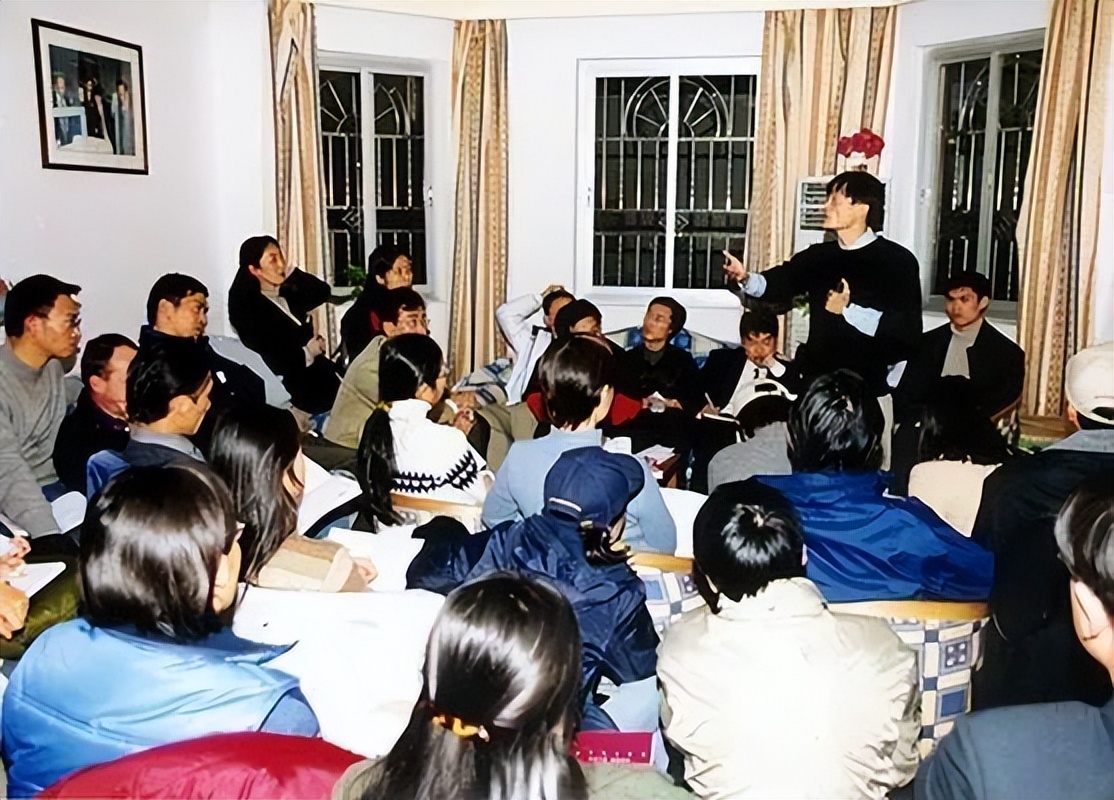
(61)"I never imagined becoming a CEO, let alone a good one. I've learned through practice."
(62)"I admit my technical ignorance, but I don't feel ashamed. My colleagues are world-class internet experts, so I respect and listen to them. If I understood technology, I'd argue constantly, wasting time that could be spent on strategic growth."
(63)"Great leaders are positive and avoid complaints, seeing things from different angles. Initially, I was unpopular at my company for thinking 5-10 years ahead. But after 3-5 years, my colleagues realized I was right."
(64)"Entrepreneurs must be accountable. At the Davos Forum, a leader said leadership is about responsibility. Even if others doubt you, pursue what you believe is right for society. This changed my perspective. I immediately called my team, instructing them to act swiftly. A month later, Alipay was launched."
(65)"Entrepreneurs must have an artistic sensibility. Alibaba's artworks are Taobao and Tmall, our behavioral art involving tens of thousands of people working together."
(66)"I'm like a conductor, directing each instrument. Only by viewing our company as an art piece can we find joy in our work."
Seven
Organizational Management
(67)"Management involves people and culture, while governance involves systems and models. My role is to manage people through culture."
(68)"Alibaba aims for a 102-year journey, but I can't do it alone. I must establish systems, cultivate culture, and nurture talent."
(69)"Alibaba partners don't set strategy; they uphold our vision, mission, values, and strategy. If these foundations remain firm, Alibaba will endure."
(70)"Our meetings are lively debates, unlike the monotonous note-taking in many Chinese companies. This approach inspires and motivates our team."
(71)"Effective management relies on a strong cultural foundation supported by profound ideas. Without these, growth is impossible."
(72)"I've learned from Japanese, American, and Korean management styles but ultimately found inspiration in traditional Chinese philosophies. Incorporating these into Alibaba's management has been enriching and effective."
(73)"A company is like a person, with its own life cycle. Managing a company is like managing oneself, addressing issues promptly to avoid escalation."
(74)"To go fast, travel alone; to go far, travel together. To achieve this, we must organize, nurture, and support new leadership, ensuring continuity through culture, systems, and talent."
(75)"Alibaba's KPI system is controversial, but without it, results, efficiency, and organization suffer, turning ideals into empty words."
(76)"KPIs can't be abolished just because employees dislike them. Each employee's KPIs are unique, requiring artistry in design and scientific management."
(77)"Big companies must focus on small achievements, including detailed work and maintaining a 'small but beautiful' organizational structure. In the digital age, agility is key, and Alibaba must adapt to remain competitive."
(78)"Everyone has had their moments, but those who reform for a better future, sacrificing everything, earn respect."
Eight
Public Welfare & Social Responsibility
(79)"Public welfare requires money but more. Unlike charity, which focuses on giving, public welfare emphasizes participation and action. It demands time, passion, wisdom, and more. While not everyone can afford charity, we can all contribute to public welfare."
(80)"Charity may be for the wealthy, but public welfare is for everyone. True public welfare involves many people doing a little, rather than one person doing a lot. It's about awakening compassion and inspiring participation."
(81)"Public welfare should be an integral part of a company, not an external burden. Businesses must integrate social responsibility into their models, blending commerce and public welfare seamlessly."
(82)"Approach public welfare with a business mindset and methods, not the other way around. Engage young people to make public welfare enjoyable and fulfilling."
(83)"Efficiency matters in public welfare. Why spend more when less will do? My business acumen guides how I run public welfare organizations."
(84)"Technology must serve good. China faces a job crisis, and modern service industries offer solutions. Alibaba's resources, talent, and technology must contribute fully."
(85)"I aspire to return to teaching, sharing my story with young people. Money isn't mine; it's a resource I'm grateful for and strive to use wisely."
(86)"Transparency is crucial in public welfare. With thousands watching and benefiting, we must be accountable for every penny and action."
(87)"Alibaba's future isn't about making money for 102 years; it's about shouldering responsibilities for that long. Only then can we sustain our success."
Nine
Life Attitude
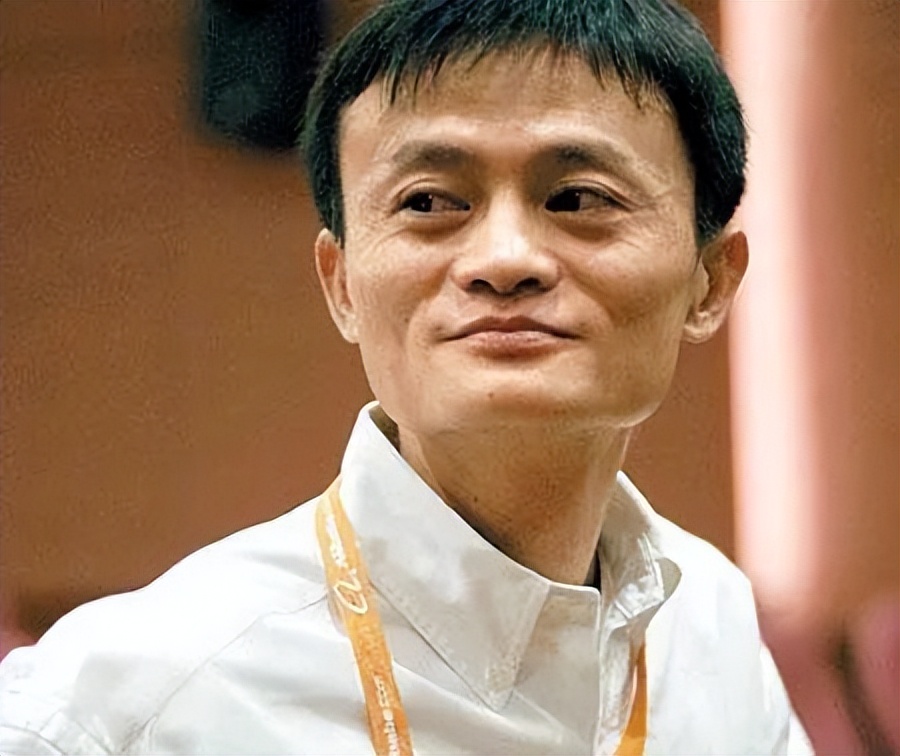
(88)"Errors and failures are inevitable, but how we respond defines us. We must face them actively, not passively."
(89)"Learn to accept rejection. I've faced it often. I failed 30 job interviews, including for the police. When KFC came to China, I was the only one not hired among 24 applicants."
(90)"Exams aren't everything, but hard work is. If I hadn't retried or entered university, I wouldn't be where I am today. Effort yields its own rewards, no matter how small."
(91)"Beliefs, independent thinking, teamwork, and empathy are intangible but vital. We must encourage children to engage in sports, music, art, and more, fostering skills machines can't replicate."
(92)"I'm confident about the future but cautious about today and tomorrow. Tomorrow may be harsher than today, but the day after can be beautiful. Most people don't survive to see it."
(93) What is the difference between intelligence and wisdom? My opinion is that intelligent people know what they want, while wise people know what they don't want.
(94) Many people have influenced me, and different people have influenced me at different stages: Lu Yao's "Life" has influenced me, Jin Yong's "The Smiling, Proud Wanderer" has influenced me, the simple Forrest Gump in "Forrest Gump" has influenced me, the innocent Junko in "Attack No. 1" has influenced me, and my parents, teachers, and friends have all influenced me. But I believe that in this world, no one can completely influence you. What's important is that you can find various opportunities from everyone who has influenced you, and then keep learning, thereby influencing others in return.
(95) Where are the opportunities? Opportunities lie where people complain. I tell myself this, and I also tell young people this. In China, when people complain, opportunities arise. Addressing people's dissatisfaction and solving existing problems are our opportunities.
(96) There is a significant difference between dreams and ideals. Everyone has had dreams when they were young. Some children change their dreams frequently, wanting this one day and that the next, which is normal and better than having no dreams at all. But ideals are different. An ideal is when a group of people work together with determination to achieve something, with a plan, practice, and action, gradually turning it into reality.
(97) I have some insights I would like to share with all young people. First, be optimistic about the future. It's impossible for pessimistic people to start a business. I consider myself an optimist. Second, complain less and seriously examine your own problems. Third, have perseverance beyond the ordinary. Without these qualities, you won't go far.
(98) There are three layers of opportunities in life. The first layer is when young people feel like they have no opportunities, but in fact, there are opportunities everywhere at this time. Because your hands are empty, you can do whatever you want. The second layer is when you have just achieved a little success and feel like there are opportunities everywhere. This is when you haven't thought things through clearly. When you truly understand what you want and what you should give up, there aren't many real opportunities. The third layer is that giving others opportunities is the true opportunity. Work with others in your 30s, do it yourself in your 40s, and be sure to give opportunities to others, especially young people, in your 50s.
(99) I am someone who has made countless mistakes. Alibaba has encountered at least more than 100 disasters that could have destroyed it in its first 15 years, but we have survived them all. You must work hard today to face tomorrow's cruelty; you must work hard tomorrow to have a chance of seeing the sun the day after tomorrow.
(100) If I had the time, I would write "Alibaba's One Thousand and One Mistakes." These are some of the most valuable experiences of my life. My wealth is not measured by my achievements but by my pain and mistakes.








